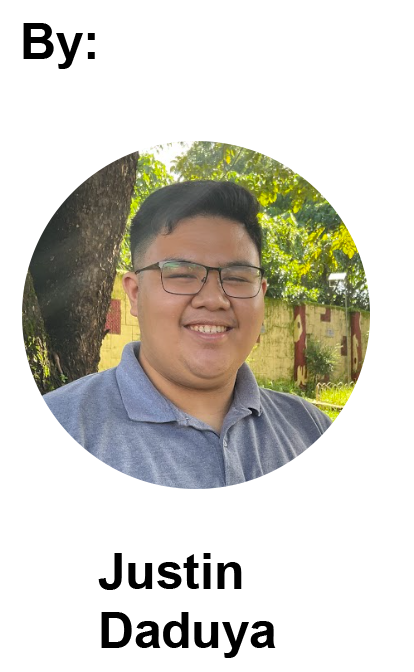
Recognizing the worsening state of mental health among students because of the COVID-19 Pandemic, the UP Diliman College of Social Sciences and Philosophy Student Council, UP Visayas School of Technology Student Council, and UP Manila Dentistry Student Council pushed for a resolution “to campaign for mental health in the university through improved provision of basic student services and continued academic ease” in the 53rd General Assembly of Student Councils held in UP Los Baños.
By adopting the resolution, the councils must intensify efforts to clamor for the provision of better mental health care services, as well as the recognition of the importance of basic student services and academic ease policies for students’ mental health.
READ: https://bit.ly/3wHC6Q0
A worsening mental health crisis
COVID-19 continues to be a global health crisis, negatively affecting not only physical health, but it has also been proven detrimental to the mental health situation in the country.
This is understandable. As the authors pointed out, health crises often lead to spikes in mental health problems and suicides. With the massive loss of life, worsening economy, and the mere anxiety of the virus’ uncertainty, it proves as no surprise that people are suffering mentally.
As of late, both psychology and the wider community have grown more aware of these problems. In the Philippines, for example, mental illness has become the third most common disability. The Philippine Government has also recognized the need to implement measures catered to the mental health of Filipinos. In 2018, the legislature passed RA 11036 or the Mental Health Act of 2020.
Unfortunately, much of this support has been lip service. Only about 5% of the nation’s meager annual healthcare expenditure is directed towards mental health. The National Center for Mental Health also said that they saw massive spikes in suicides, crisis calls, and overall mental health-related cases. While recognition is important, it is far from enough. As the worsening situation and figures are concerned, immediate action is necessary to address the mental health issue in the country.
However, the lack of urgency is made worse by the current administration’s neglectful response to the pandemic. The authors lambasted the government, saying “the Duterte and Marcos administration’s continued mismanagement of the currently-raging pandemic has thus caused significant failures in funding, labor power, and sustainable infrastructure of mental healthcare in the Philippines,”
Students have been particularly severed by the pandemic, as quarantine regulations contributed largely to the current education system’s further deterioration.
Unprepared distance learning, as many studies have shown, adversely affected mental health and increased rates of anxiety and depression. Because of this, there has been an increase of dropouts, suicides, and student difficulties during the pandemic.
A botched response
Despite clear and united calls from students for more compassion, the response has been underwhelming. The authors blamed this on “a lack of basic needs and services alongside unrelenting demands for “globally competitive” performance in education despite mounting pressures and immense difficulties during this period of crisis.”
Take, for example, the case of PsycServ, launched on September 9, 2020, which is an initiative of the UP Student Mental Health and Wellness Network to give more students access to mental health services in all campuses throughout the system.
While UP Diliman managed to establish PsycServ under the Office of the Chancellor, other Constituent Units have failed to provide their stakeholders with these services. Moreover, even the initiative in Diliman remains noninstitutionalized, preventing it from meeting the needs of students.
In existing offices, students have complained that it is difficult to secure an appointment, often with a wait time of months. Thus, potential patients are deprived of much-needed mental healthcare. Likewise, other mental health initiatives such as webinars are insufficiently disseminated, thus not making them helpful for the majority of students. This is rooted in the meager support given to these mental health initiatives.
The university’s other problems are not helping the state of mental health among students. The continued lack of plans for genuine “Ligtas Na Balik Eskwela,” as well as unclear guidelines for the conduct of face-to-face activities, is an additional stressor for many students. There are no system-wide guidelines, and so for many students, their next semester is uncertain.
READ: https://bit.ly/3B44KO0
The system has also failed to provide for the students’ democratic rights and student services. Housing, for example, remains a huge problem as many dorm applications had to be denied because of a shortage of available slots.
Moreover, the anti-student policies being reinstated by the university are particularly harmful for the students’ mental health. The increased number of minimum units and the lifting of academic easing policies place an undue burden on students in a time of crisis.
The resolution commended the efforts of the UP System, but said that given the current state of mental health in the University, they are insufficient. They said that “such shortcomings have, whether intentionally or otherwise, made education more exclusive and deprived students of their right to genuinely free education.”
Asserting the right to mental health
Recognizing the worsening situation and the insufficient response, the General Assembly of Student Councils resolved to:�
• Recognize the role of basic student services for mental health and campaign for improved provisions of these services such as housing, transport, and finances for all students
• Call for an increase in the University’s budget to support the lacking basic student services
• Hold consultations on how to most efficiently and effectively provide basic student services, as well as how to distribute and allocate them, in advisement to each UP Unit
• Call for timely, proactive, and effective information dissemination for basic student services and mental health services
• Campaign for changes promoting mental healthcare in the country, including effective implementation of the Mental Health Act
• Call for stronger dissemination efforts of the UP Student Mental Health and Wellness Network
• Continue to campaign for the institutionalization of PsycServ and the establishment of similar initiatives in all UP Units
• Assert the right to student representation and consultations in academic policy making, committees concerning the conduct of education, and all matters regarding learning modalities for students
• Campaign for a reduction of the academic load, bringing it back to 12 units
• Militantly assert and campaign for continued academic ease and a consultative review of system-wide academic policies
The resolution is particularly relevant given the administration’s latest memorandum lifting academic ease policies. These guidelines revert the minimum load back to 15 units despite the insufficient number of available classes, impose class attendance despite a continued lack of face-to-face classes, and remove the No Fail Policy despite resounding clamors from the student body for compassion through continued academic easing. As the authors pointed out, policies like these “disenfranchise the student body as well as harm their academic performance, while worsening the already-stressful situations students in the University are confronted with on a daily basis.”
Read: https://bit.ly/3cDhIZE
After the release of the memorandum, several councils and formations including the CSSP Student Council condemned the new policies. They said that the policies were neither pro-student nor mass oriented, and continued to call for the administration to bring back the academic ease policies, alongside better student services and genuine Ligtas Na Balik Eskwela.
In an interview with SINAG, CSSP SC Chair Vayne Del Rosario said that their campaign for pro-student policies does not end with the pandemic; they plan to lobby for future institutionalization of policies as well. They plan on collecting data to understand how these policies have affected education, and using this analysis to lobby for necessary changes.
“Overall, it is a complicated subject that requires exhausting many means, including sensing, EDs, letters, and data presentation, but it is especially parcel to the resolution that we build greater unities in its assertion, whether with other Councils or with the broader studentry as a whole,” she said.
Del Rosario also noted the need to address these problems at the root and recognize that these are manifestations of our current neoliberal system of education. Thus, she asserted the need to campaign to all stakeholders about the state of our colonial, commercialized, and anti-democratic education system, and what can be done to move forward.
Featured image courtesy of Tug-ani

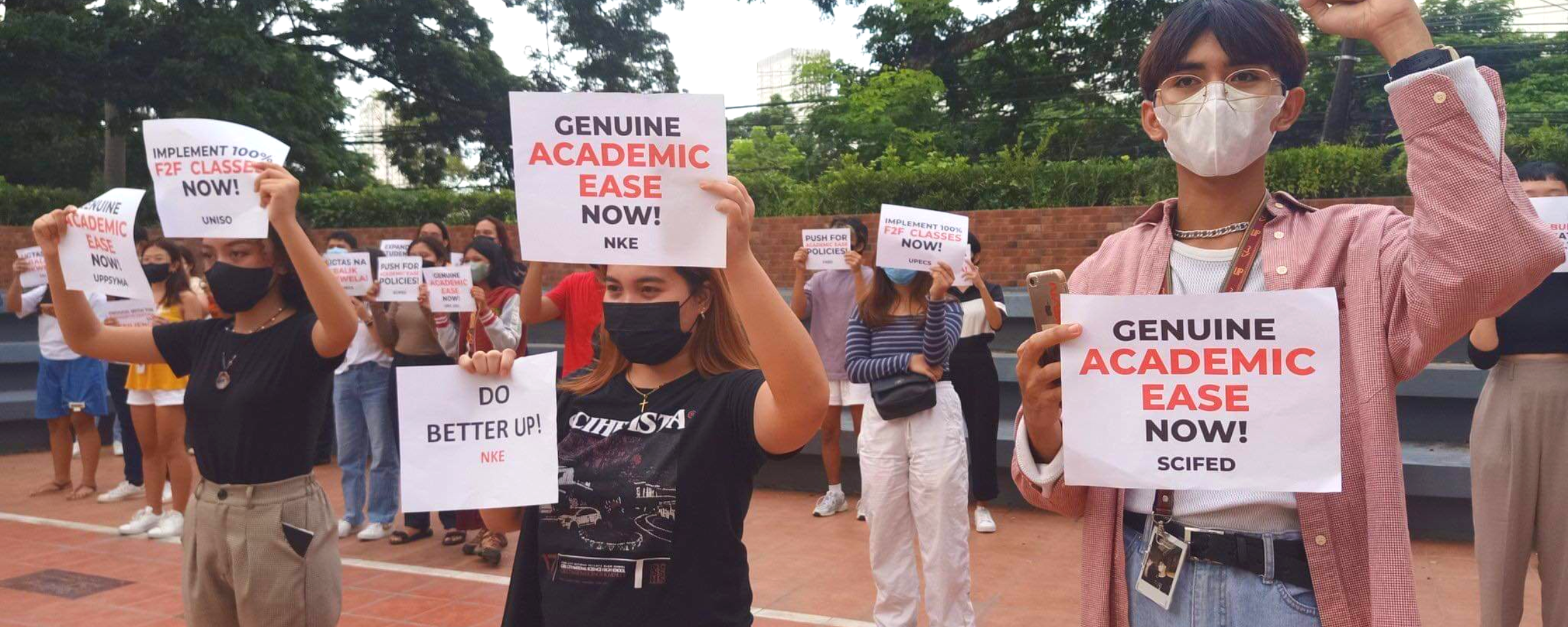


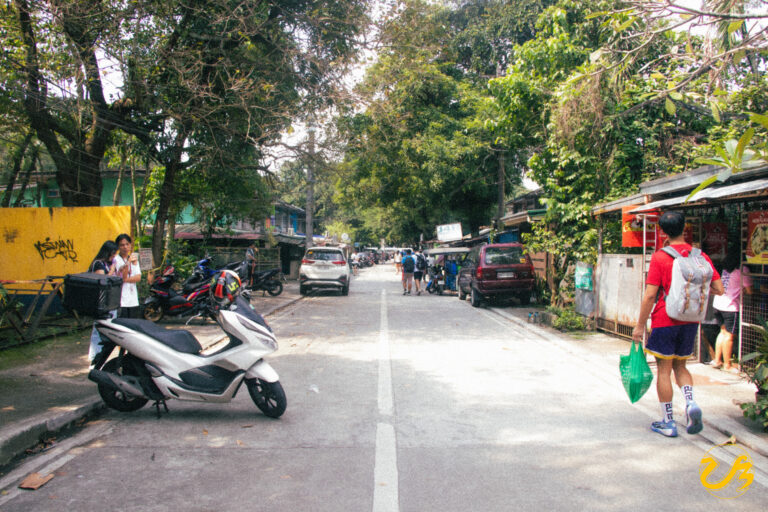

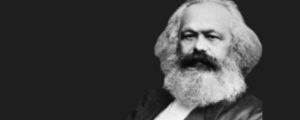
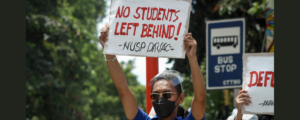
Please provide me with more details on the topic http://www.kayswell.com